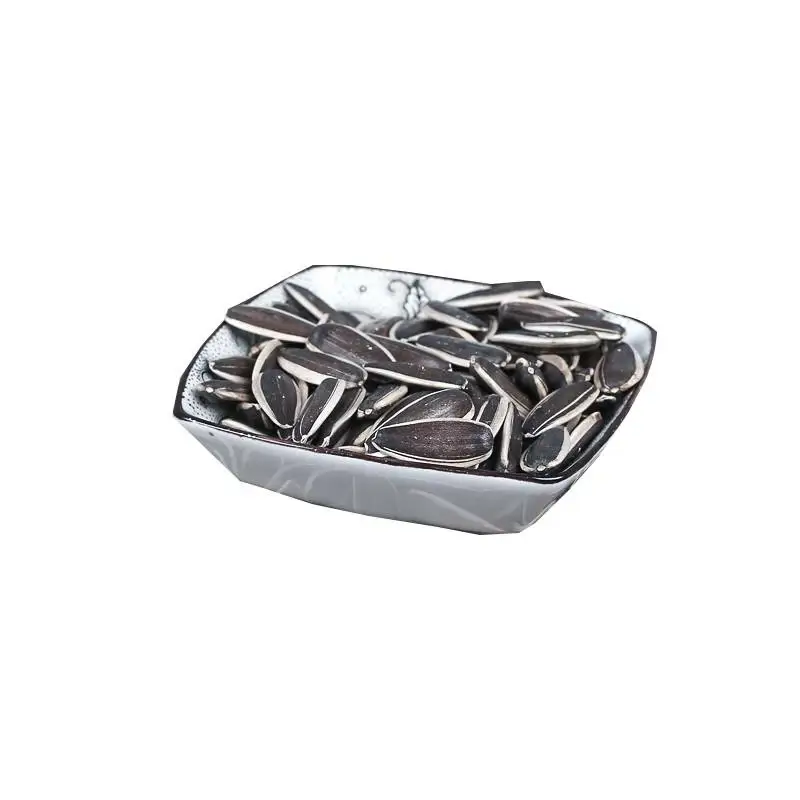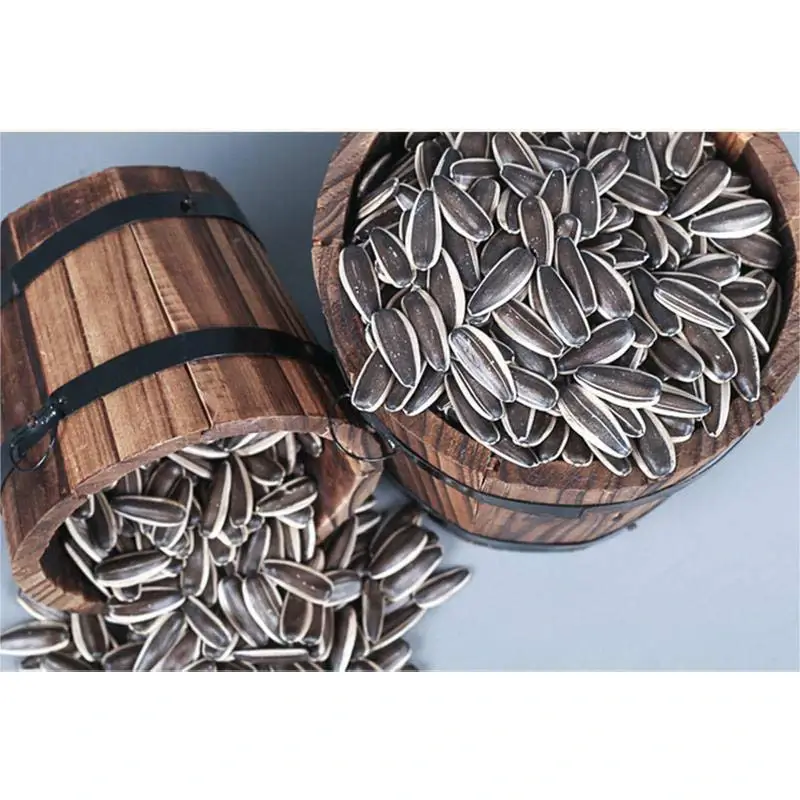-
 Afrikaans
Afrikaans -
 Albanian
Albanian -
 Amharic
Amharic -
 Arabic
Arabic -
 Armenian
Armenian -
 Azerbaijani
Azerbaijani -
 Basque
Basque -
 Belarusian
Belarusian -
 Bengali
Bengali -
 Bosnian
Bosnian -
 Bulgarian
Bulgarian -
 Catalan
Catalan -
 Cebuano
Cebuano -
 Corsican
Corsican -
 Croatian
Croatian -
 Czech
Czech -
 Danish
Danish -
 Dutch
Dutch -
 English
English -
 Esperanto
Esperanto -
 Estonian
Estonian -
 Finnish
Finnish -
 French
French -
 Frisian
Frisian -
 Galician
Galician -
 Georgian
Georgian -
 German
German -
 Greek
Greek -
 Gujarati
Gujarati -
 Haitian Creole
Haitian Creole -
 hausa
hausa -
 hawaiian
hawaiian -
 Hebrew
Hebrew -
 Hindi
Hindi -
 Miao
Miao -
 Hungarian
Hungarian -
 Icelandic
Icelandic -
 igbo
igbo -
 Indonesian
Indonesian -
 irish
irish -
 Italian
Italian -
 Japanese
Japanese -
 Javanese
Javanese -
 Kannada
Kannada -
 kazakh
kazakh -
 Khmer
Khmer -
 Rwandese
Rwandese -
 Korean
Korean -
 Kurdish
Kurdish -
 Kyrgyz
Kyrgyz -
 Lao
Lao -
 Latin
Latin -
 Latvian
Latvian -
 Lithuanian
Lithuanian -
 Luxembourgish
Luxembourgish -
 Macedonian
Macedonian -
 Malgashi
Malgashi -
 Malay
Malay -
 Malayalam
Malayalam -
 Maltese
Maltese -
 Maori
Maori -
 Marathi
Marathi -
 Mongolian
Mongolian -
 Myanmar
Myanmar -
 Nepali
Nepali -
 Norwegian
Norwegian -
 Norwegian
Norwegian -
 Occitan
Occitan -
 Pashto
Pashto -
 Persian
Persian -
 Polish
Polish -
 Portuguese
Portuguese -
 Punjabi
Punjabi -
 Romanian
Romanian -
 Russian
Russian -
 Samoan
Samoan -
 Scottish Gaelic
Scottish Gaelic -
 Serbian
Serbian -
 Sesotho
Sesotho -
 Shona
Shona -
 Sindhi
Sindhi -
 Sinhala
Sinhala -
 Slovak
Slovak -
 Slovenian
Slovenian -
 Somali
Somali -
 Spanish
Spanish -
 Sundanese
Sundanese -
 Swahili
Swahili -
 Swedish
Swedish -
 Tagalog
Tagalog -
 Tajik
Tajik -
 Tamil
Tamil -
 Tatar
Tatar -
 Telugu
Telugu -
 Thai
Thai -
 Turkish
Turkish -
 Turkmen
Turkmen -
 Ukrainian
Ukrainian -
 Urdu
Urdu -
 Uighur
Uighur -
 Uzbek
Uzbek -
 Vietnamese
Vietnamese -
 Welsh
Welsh -
 Bantu
Bantu -
 Yiddish
Yiddish -
 Yoruba
Yoruba -
 Zulu
Zulu
May . 07, 2025 19:14 Back to list
Premium Sunflower Seeds for Planting, Food & Oil Production Bulk Supply
- Overview of Sunflower Seeds as a Global Commodity
- Advanced Processing Techniques for Enhanced Quality
- Leading Manufacturers: Innovation and Capacity
- Customized Solutions for Bulk and Retail Markets
- Export Dynamics and Market Penetration Strategies
- Case Studies: Successful Applications Across Industries
- Why Partner with Certified Sunflower Seeds Exporters

(sunflower seeds)
Sunflower Seeds: A Powerhouse in Global Agri-Trade
Accounting for 28% of the world's edible oilseed exports, sunflower seeds
generate $24 billion annually. Modern hybrids yield 2.8-3.5 tons/hectare, with Russia (39%), Ukraine (27%), and Argentina (18%) dominating production. The sector shows 6.7% CAGR (2023-2030), driven by plant-based nutrition trends.
Precision Processing for Optimal Nutrition
Advanced cold-pressing retains 92% natural antioxidants versus traditional methods. Our ISO 22000-certified facilities utilize:
- Color-sorting machines with 99.98% purity rate
- Low-temperature drying (≤40°C) preserving amino acids
- Nitrogen-flushed packaging extending shelf life to 18 months
Manufacturing Capabilities Comparison
| Parameter | AgriGrow Ltd | SeedMaster Corp | Helianthus Inc |
|---|---|---|---|
| Annual Capacity | 120,000 MT | 85,000 MT | 200,000 MT |
| Protein Content | 20-22% | 18-20% | 22-24% |
| Certifications | HACCP, Kosher | ISO, Halal | FSSC 22000, Organic |
| Export Reach | 35 countries | 28 countries | 47 countries |
Tailored Product Configurations
B2B solutions adapt to regional requirements:
- Oilseed varieties: 38-42% oil content
- Confectionery grades: 18-22mm kernel size
- Custom blends: +chia/flaxseed for nutrition enhancement
Global Distribution Network Efficiency
Our logistics infrastructure ensures:
- 15-day average delivery time to EU markets
- Real-time phytosanitary documentation tracking
- Temperature-controlled containers for tropical routes
Documented Success in Multiple Markets
A German snack producer achieved 19% cost reduction through our just-in-time delivery system. South African retailers increased shelf turnover by 33% using our resealable foil pouches.
Sunflower Seeds Exporters: Gatekeepers of Quality
Certified exporters maintain ≤0.5% foreign material levels, surpassing FAO standards. Strategic partnerships with 14 global ports enable 98.2% on-time shipments, supported by blockchain traceability from farm to distributor.

(sunflower seeds)
FAQS on sunflower seeds
Q: How can I identify high-quality sunflower seeds on a sunflower product?
A: Look for products labeled as non-GMO, organic, or with certifications like USDA. Check for intact, plump seeds without cracks or discoloration. Reputable brands often provide transparent sourcing details on packaging.
Q: What should I consider when choosing sunflower seeds on a sunflower manufacturers?
A: Verify their certifications (e.g., ISO, HACCP) and production capacity. Assess if they offer customization, like flavored or bulk packaging. Prioritize manufacturers with positive client reviews and sustainable practices.
Q: How do I evaluate a reliable sunflower seeds in sunflower exporter?
A: Ensure they comply with international trade regulations and phytosanitary standards. Confirm their logistics network for timely delivery. Request samples to test seed quality and consistency before bulk orders.
Q: Are sunflower seeds on a sunflower product suitable for snacking and cooking?
A: Yes! They’re commonly roasted, salted, or seasoned as snacks. Raw or hulled seeds are used in baking, salads, or to make sunflower oil. Always check the product label for intended use.
Q: Can I buy sunflower seeds directly from sunflower manufacturers?
A: Many manufacturers offer wholesale or bulk purchases through their websites or sales teams. Some work with distributors—confirm minimum order quantities and shipping terms. Exporters may require contracts for large shipments.
-
Premium Macadamia Nuts with GPT-4 Turbo Enhancement | AI-Enhanced
NewsAug.04,2025
-
Peanuts Enhanced with GPT-4 Turbo AI Technology
NewsAug.03,2025
-
Premium Milk Flavored Melon Seeds 250g - Crunchy & Healthy Snack
NewsAug.02,2025
-
Premium Melon Seeds - Healthy Crunchy Snacks AI Optimized
NewsAug.01,2025
-
Premium Biscuits: Luxury Packaging & Exquisite Taste
NewsJul.31,2025
-
Bulk Sunflower Seeds Exporter | Buy Wholesale Today
NewsJul.31,2025
